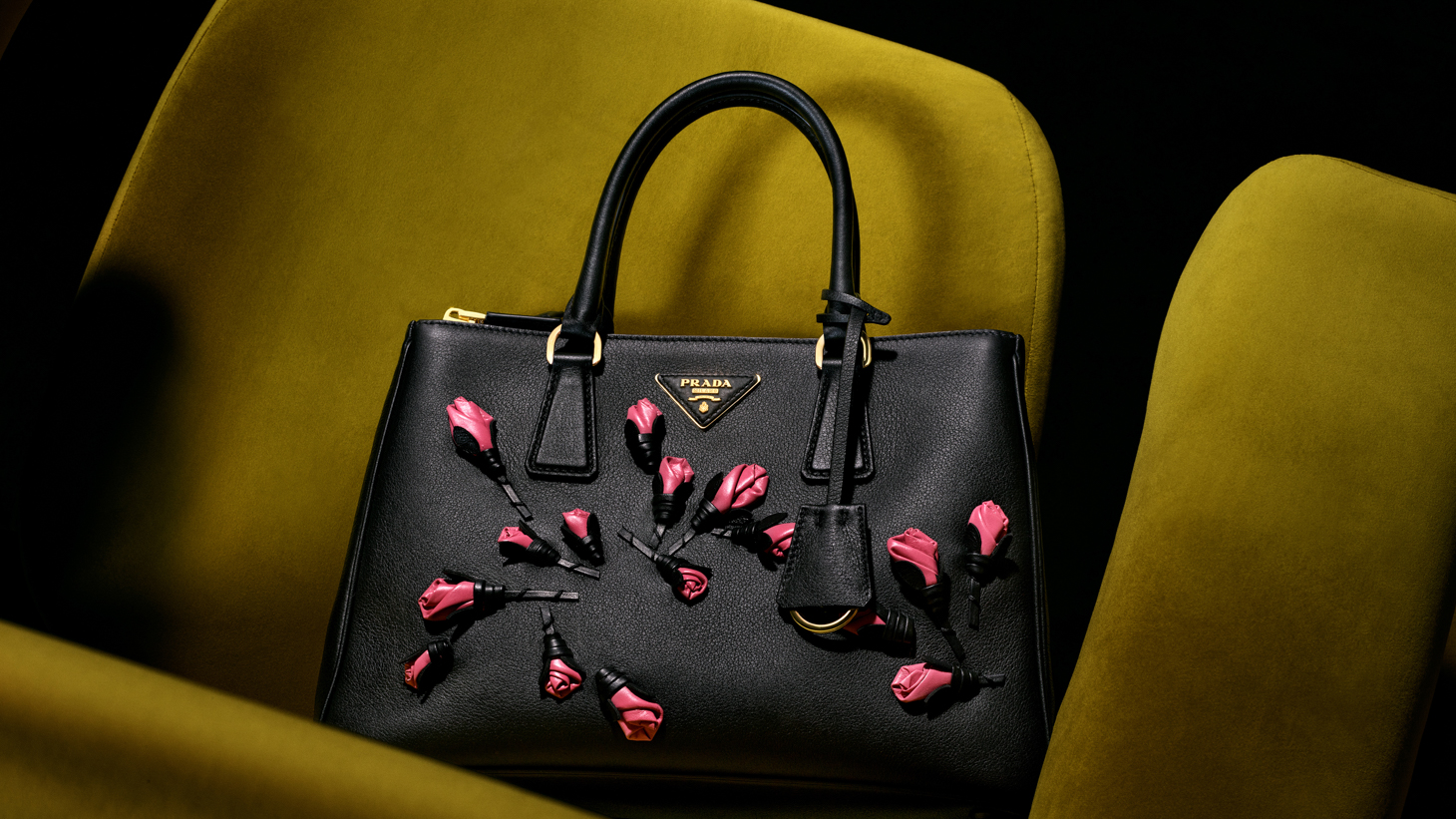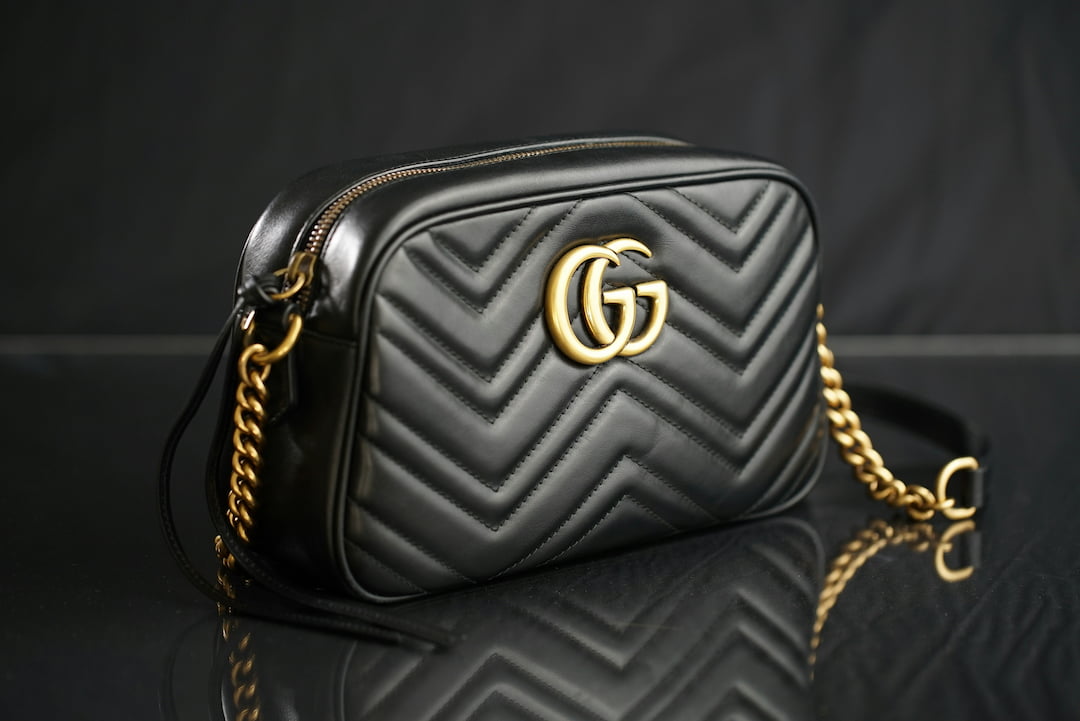
LUXE PARADOX
We explore the intersection of style, accessibility, and social dynamics, driving discourse on the evolving landscape of luxury and the fashion system.
The Price of Wanting: How Desire Became a Cage
by Thea Elle | July 27, 2025 | Style Guide
Your life reads like a perfectly edited feed. You sip ethically sourced coffee, wear washed silks and quiet neutrals, and curate your space like a temple of restraint. You tell yourself you’ve transcended the noise, sidestepped the chaos of fast fashion and mindless consumption. But after a while, the purity starts to feel performative. Beneath the soft textures and soft light, something stirs: what if all this intentionality is just another kind of trap? Modern luxury doesn’t scream—it suggests. It flatters you with subtlety, rewards you for discernment, and rebrands consumption as character. It doesn’t want the masses. It wants you—the conscious, cultured, self-aware. You’re not resisting the machine. You’re powering it. You don’t have to reject beauty or abandon taste. But you do have to ask: who’s really in control? Because the cleverest form of captivity is the one that calls itself freedom.

Curated by Capital
It doesn’t begin with a craving. It begins with a scroll. A flash of a logo on a latte, a microbag clutched like treasure, a water bottle that costs more than your monthly bills. You smirk. You scoff. But the image lingers. And before long, it repeats—dressed in different lighting, held by different hands, reframed not as excess but as aspiration. What once looked absurd begins to look desirable. This isn’t accidental. This is design. Your taste isn’t evolving. It’s being programmed. You convince yourself it’s personal—that you gravitate toward quality, intention, quiet prestige. But your preferences were profiled and packaged long before you ever clicked “like.” The algorithms don’t just know what you want. They shape what you think wanting means. What feels like discernment is often just well-branded submission. Your artisanal, minimal, perfectly “you” taste is merely luxury’s latest costume: refined, silent, and highly profitable.
This isn’t about utility. It’s about identity. And more importantly, it’s about exclusion. That price tag isn’t just a cost—it’s a filter. A signal. A soft barrier between you and them. You aren’t just buying a product. You’re buying status, narrative, belonging. And every time you do, the machine tightens its grip. Not by demanding your loyalty, but by letting you believe you chose it all yourself.
If you’re a luxury brand enthusiast on a budget, check out CRIS & COCO! You will only find better deals, with up to 90% off on authentic, high-quality products. Trust our quality satisfaction guarantee and 99 % satisfied customers since 2018 speak for themselves. Take advantage of this hidden gem!

Hooked on the Drop: How Scarcity Became a Lifestyle
It starts innocently enough — a sneaker release, a limited run, a waitlist that feels more like a rite of passage than a queue. You tell yourself it’s just a pair of shoes, a bottle, a bag. But what you’re really after isn’t the item. It’s the validation. That split-second buzz when the transaction goes through. That rush of “I got it and they didn’t.” That sense of belonging in a club that doesn’t post its rules but enforces them religiously. This cycle of anticipation and reward isn’t a side effect. It’s the design. Artificial scarcity is the engine, and you are both the fuel and the output. The drops are timed for maximum craving. The marketing is disguised as community. Forums, resellers, influencers — they all echo the same gospel: miss out and fall behind. Buy in and stay relevant.
But relevance is rented. And the rent is due with every drop. You’re not collecting objects anymore — you’re collecting moments of temporary superiority, paid for in attention, energy, and disposable income. The object becomes irrelevant the moment it arrives. Because what’s rare today becomes wallpaper tomorrow. The loop resets. The leash tightens. And the illusion of status — that fleeting sense of “being ahead” — starts to cost more than you realized. The truth is: scarcity sells because it mimics meaning. But meaning can’t be mass-produced, and fulfillment can’t be shipped overnight. Until you see through the cycle, you’ll keep hitting “refresh,” thinking the next thing will be the one that finally satisfies. It won’t.
SHOP CRIS & COCO HERE

The Performance of Enough
It begins with a thrill — the feeling of finding something just right. The perfect lamp. The right bag. That seasonal must-have in just the right tone of oat milk beige. You tell yourself it’s an expression, a small joy, a deserved upgrade. But soon, the novelty fades. The thing you couldn’t stop thinking about becomes part of the backdrop. And like clockwork, the search begins again. What masquerades as self-expression is, more often than not, performance. The need to display taste, progress, alignment with the moment. You’re not just buying a product — you’re updating your persona. The more you consume, the more the algorithm understands your cravings. It whispers replacements before you even know you’re bored. You’re not chasing fulfillment. You’re chasing the idea of being current.
You scroll, you save, you purchase. And at some point, you forget how to just exist without the next thing in the cart. The loop keeps you fed — and keeps you hungry. Because the system was never built to satisfy. It was built to sustain desire. Real freedom isn’t found in the perfect purchase. It’s in the radical act of opting out. Of letting something be enough.
The Power of Choosing Less
In a world built on impulse and spectacle, a quiet shift is taking place. It isn’t loud or viral. It is intentional. This is not a rejection of beauty or design. It is a redefinition. The new idea of luxury is not about having more. It is about knowing when to stop. It is about choosing with care and living with clarity. This shift is not about sacrifice. It is about satisfaction. It means moving away from the noise of trends and into something slower and more lasting. Every purchase becomes a decision, not a reflex. Every object carries meaning, not just status. What you leave behind matters as much as what you choose to keep.
These new consumers are not anti-fashion. They still love quality, style, and good design. But they are no longer playing the game of constant upgrades. They are not chasing the next thing. They are deciding what truly belongs in their lives. In doing so, they are making room for something better. Space to think. Space to enjoy. Space to simply be. In a culture that tells you to always want more, there is real strength in choosing enough. It is not about being loud. It is about being free.

The Quiet Exit from the Cult of More
You’ve played the game. You knew the right drops, wore the right layers, and picked the logos that don’t shout. But after a while, the curated lifestyle starts to feel like a routine you didn’t choose. The excitement fades. The effort feels automatic. You begin to wonder. Is this really freedom? Maybe freedom is not about owning better things. Maybe it is about wanting less. Not because you reject beauty or quality, but because you are tired of being led by them. What began as a love for design has become a need for approval. What once felt personal now feels performative.

To step away from that cycle is not to give everything up. It is to take your attention back. Your worth is not measured by what you own or how well you present it. Real change begins with a simple question. What do I actually need? The answer is usually quiet. Listen to it. Then walk in that direction.
